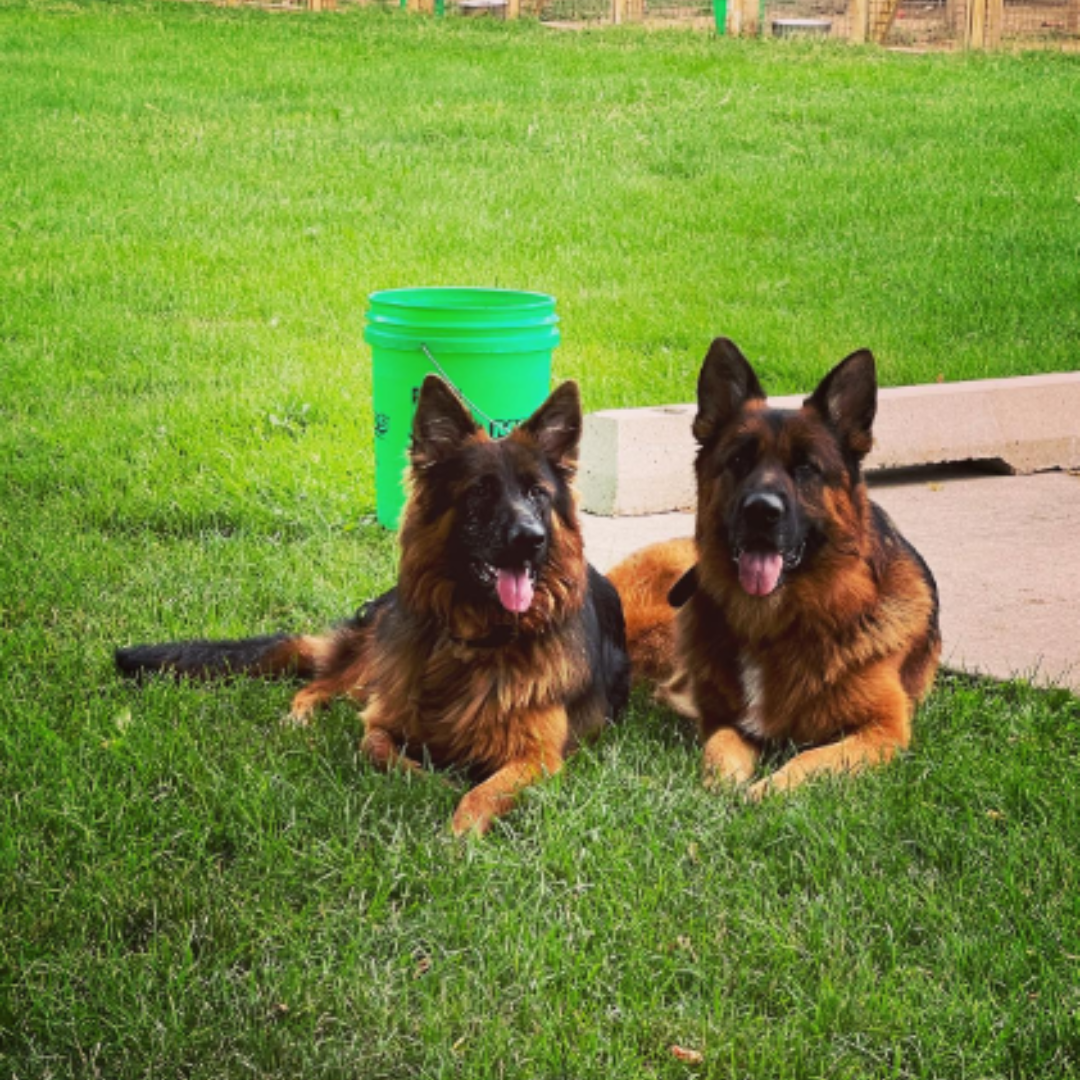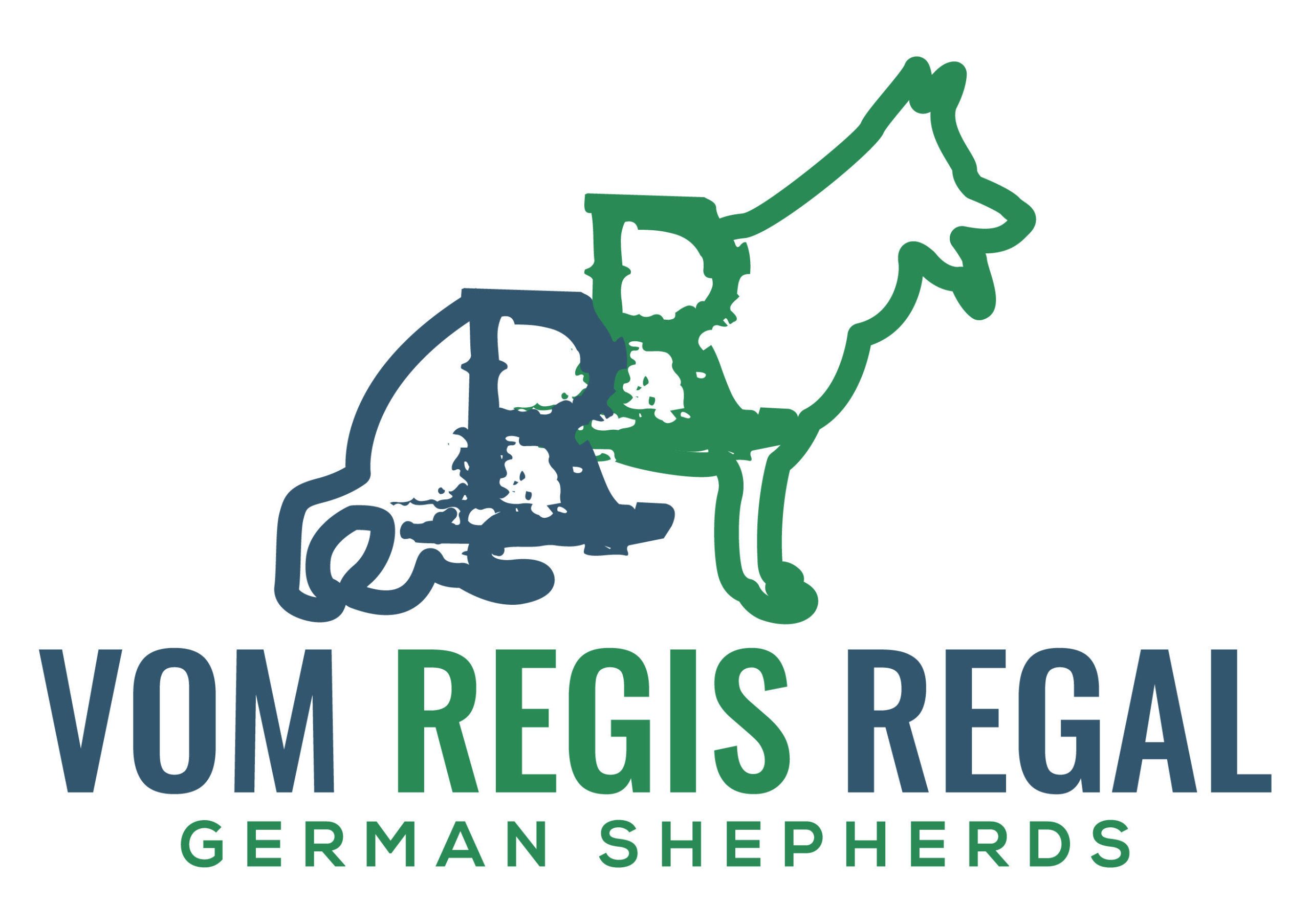Do you know the difference between a long-haired German Shepherd and a short-haired one? If the answer is no, you're not alone. A lot of people don't know the main differences, but it's an important distinction to make when considering which breed of German Shepherd is right for you. In this article, we'll discuss the differences between both types of Shepherd coats. That way, you can understand more about these amazing shaggy or non-shaggy dogs and decide which one is right for you.
What is the Length of Their Hair?
The biggest difference between long-haired and short-haired German Shepherds is, of course, the length of their hair. As you can probably guess, long-haired German Shepherds have longer fur than their short-haired counterparts.
The long, flowing coat of a long-haired German Shepherd dog is thick and silky and typically grows out to two inches or more. Their shags grow out around their ears, faces, tails, stomachs, rears and the back of their legs.
What is Maintenance Like for Them?
The amount of maintenance that a long-haired GSD requires is significantly more than a short-haired one. Their coat needs to be brushed daily to prevent mats from forming and shedding on your furniture—they will also need to be bathed more often.
To keep their coat healthy and free from tangles, you may also want to consider using a canine conditioner on a regular basis.
Additionally, a long-haired German Shepherd's visit to the groomer is usually a tad more expensive than that of short-haired German Shepherds.
Do They Have Temperature Control Differences?
German Shepherds are cold-climate dogs that sport thick undercoats, although there are some that are missing the undercoat. Short-haired GSDs can tolerate temperatures as low as 30°F (-1°C), and those with long hair can withstand colder temperatures.
On the other hand, heat is more of a problem for long-haired German Shepherds. For instance, their long coat can prevent them from cooling down quickly, which can make them susceptible to heatstroke in sweltering climates.
When they are older, both types become more susceptible to temperature extremes, so talk to your vet about their care if you have a senior shepherd.
Which of the Two is Better for Show?
You can show a short-haired German Shepherd or a long-haired one with a double coat. But unfortunately, if they have a missing undercoat, it automatically disqualifies them from being registered with the American Kennel Club. When this happens, they aren't allowed to compete in dog shows.
Does Their Hair Color Differ?
Sable and black and tan are the most predominant colors for German Shepherds, whether they are long or short-haired. For more information about all their varieties of colors, including their rarest one, see our article: What is the Rarest Color of German Shepherd?
What About Their Health?
The health of a long-haired and short-haired German Shepherd is generally the same. They are both prone to some of the same health conditions, such as hip dysplasia, elbow dysplasia and bloat. Fortunately, the chance of many adverse health conditions can be improved with good breeding practices, though.
Both types also need regular veterinary checkups to have their ears checked regularly for infection, get their vaccinations and prevent other health issues such as heartworm and dental problems.
Do They Have Different Temperaments?
Some factors contribute to your German Shepherd's temperament, and it doesn't have anything to do with coat type, color or anything else along those lines. What does contribute to their temperament is their breeding and socialization.
German Shepherds were bred as working dogs, and they have the same instincts today as their ancestors did a hundred years ago. They are loyal, protective and make great family pets and working dogs when properly bred, trained and socialized.
Therefore, if you want an even-keeled GSD, it's essential to do your research and find a reputable breeder that socializes and breeds them for good temperament.
Is There a Difference in Price?
In some cases, yes. The long-haired variety is rarer than the short-haired ones, so they can sometimes be more expensive. That being said, this is not always the case, and you can find both types of dogs at a variety of price points.
Long vs. Short: The Takeaways
As you can see, the biggest difference between long-haired and short-haired German Shepherds is the length of their hair. There are a few other subtle differences, such as a long-haired GSD's coat needs more maintenance than a short-haired one, and they are more susceptible to the heat than their short-haired counterparts.
More importantly, their temperament is affected by their breeding and socialization, so do your research before adopting yours.
Lastly, it’s essential to find a responsible breeder of merit, so you can be assured that your dog has been bred for a good temperament.
Which Type of German Shepherd is Right for You?
So, which type of German Shepherd will be a good fit for you? That ultimately depends on your individual preferences and what you are looking for in a dog.
Meanwhile, both long-haired and short-haired German Shepherds can be sweet, friendly, loving and loyal. So, don't let the length of their hair be the only deciding factor when it comes to choosing your perfect furry companion.
Regis Regal is a breeder of merit in the Chicago, Illinois, area. We are committed to breeding world-class short-haired and long-haired German Shepherds, and their good temperament is always of the utmost importance.
We provide family dogs, special needs dogs, service dogs and working dogs of all varieties, colors and coat types. Additionally, we'll work with you to find a German Shepherd that is the perfect match for your lifestyle and needs.
If you're interested in adding a furry friend to your family, please get in touch with us today at 847-721-1908. Alternatively, you can reach out to us through our online form.

